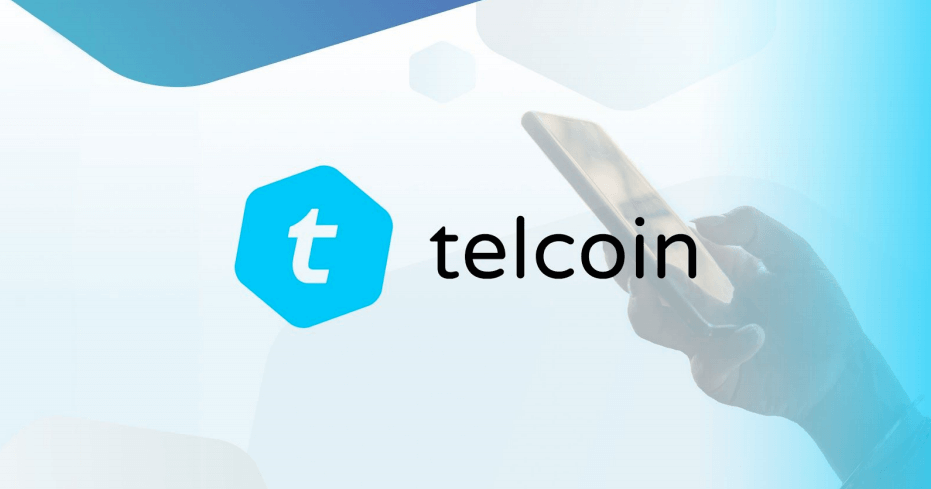
A young startup from Asia called Telcoin is looking to partner with telco operators around the world to facilitate the adoption of its cryptocurrency for payments and other financial services.
Partnerships have already been signed proof-of-concept agreements with Etisalat from the United Arab Emirates, Dutch VEON Group and Telecom Tunisie. The partnership with Telecom Tunisie will will seek to integrate Telcoin into the Tunisian telco mobile money infrastructure.
Based in Singapore with a team operating out of Tokyo, Japan, Telcoin said the new ERC-20 cryptocurrency will be provided to partnering mobile networks for free in exchange for distributing it to their subscribers. Using these tokens, their users will be able to send remittances, make money transfers and make online payments.
Another use case for Telcoin will be international aid. Telcoin will allow individuals and organizations to buy and donate its cryptocurrency online for immediate distribution to the mobile money accounts of anybody with a mobile phone in a geo-fenced disaster area. These transactions can be done via text messages and USSD codes, which does not require a smartphone.
The company is eyeing the current five billion unique mobile phone subscribers around the world, many of whom do not have access to basic financial services.
According to Telcoin chairman and co-founder Paul Neuner, “telecoms are in a unique position to rapidly expand financial inclusion.”
Telcoin will be based on the Ethereum blockchain and will be digital wallet agnostic. The company said the Telcoin open ecosystem will focus on connectivity to any telco, exchange and wallet.
The team envisions it as a complement to existing mobile money and, in the near future, hopefully, a mainstream driver of cryptocurrency adoption at large.
“Our objective is not to compete with telecom mobile money, but to cooperatively participate in the overall mobile money ecosystem. We see ourselves as a complementary solution, a tool that will increasingly bring users to mobile money, cryptocurrency-backed solutions, and mobile wallets,” reads the Telcoin whitepaper.
“Our goal is to become one of the cornerstone financial inclusion efforts of the 21st century and we want to cooperate with actors who we believe can play a critical role in this process, namely mobile network operators.”
Telcoin has already received backing from Mixi co-founder and East Ventures managing partner Batara Eto. Eto said he will invest in Telcoin’s initial coin offering (ICO), planned to begin on December 11, while his venture capital firm will direct invest in Telcoin Pte. Ltd.
According to the World Bank, around two billion people around the world do not use formal financial services and more than 50% of adults in the poorest households are unbanked. In parallel, nearly the entire global adult population has a mobile phone.
The success story of Vodafone’s M-Pesa in Kenya is a proof that mobile money can significantly improve financial inclusion in developing countries.
Launched in 2007, M-Pesa is a mobile phone-based money transfer, financing and microfinancing service that allows users to deposit, withdraw, transfer money and pay for goods and services with a mobile device.
M-Pesa has spread rapidly, and by 2010 had become the most successful mobile phone-based financial service in the developing world. It now serves several markets across Eastern Africa and Eastern Europe, as well as South Africa, Egypt, Afghanistan, and India, among other markets.
M-Pesa reached the 25 million active customers milestone in 2016.

